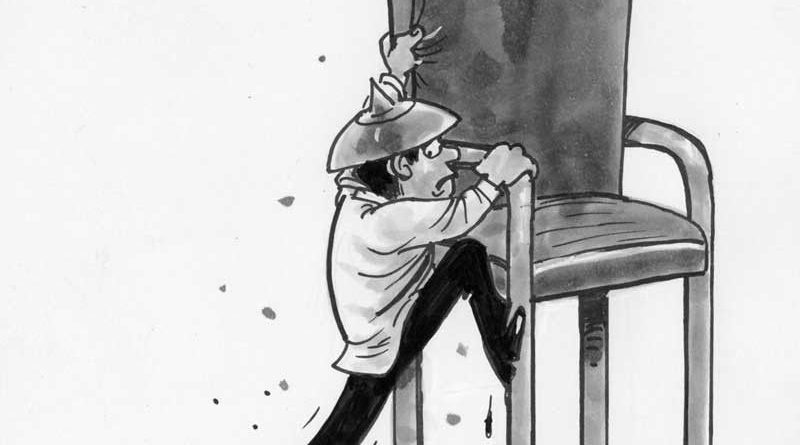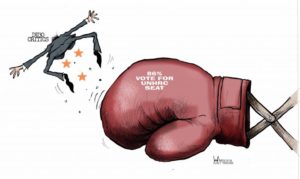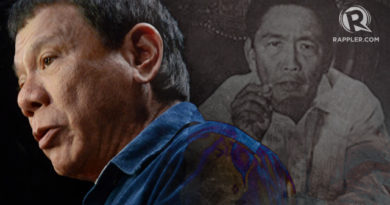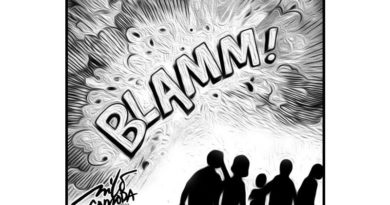OP ED EDITORIALS & CARTOONS: The Philippine Star –A seat in the UN rights council
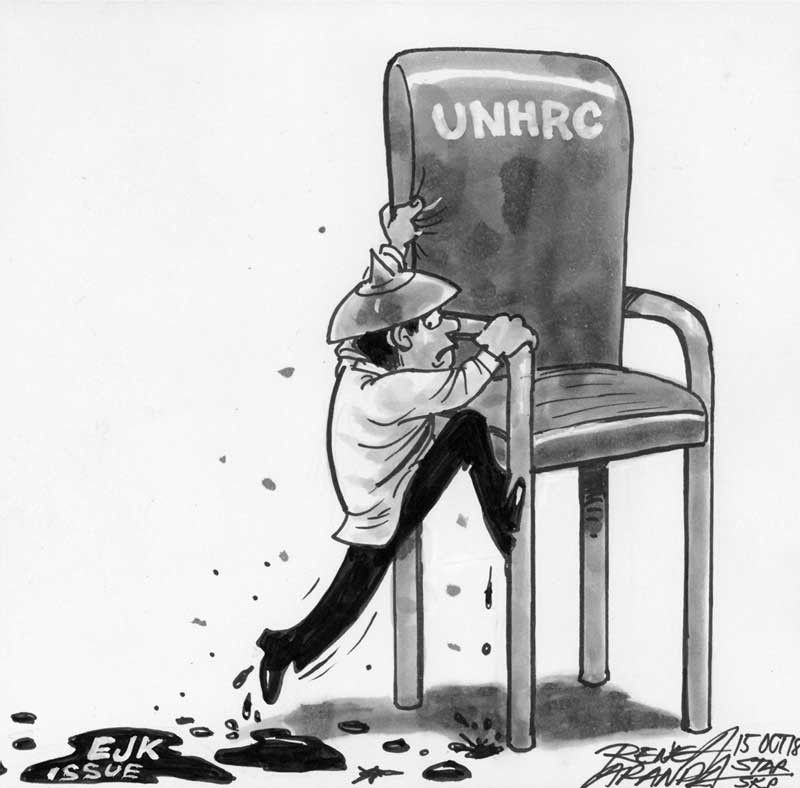
If a country belongs to the international body whose mandate is to promote and protect all human rights around the planet, it is expected to serve as a model in pursuing that mission.
In this sense, human rights advocates should welcome the Philippines’ retention of its seat in the 47-state United Nations Human Rights Council, where members serve a three-year term. The Philippines was first elected to the council in 2007, and then in 2012 and 2015.
Human rights advocates had opposed the retention of the Philippines in the council, citing the “killing frenzy” in the continuing war on drugs waged by the Duterte administration. But the country garnered 165 out of 192 votes at the United Nations General Assembly in New York last week.
The UN Human Rights Council is tasked to promote adherence to the Universal Declaration of Human Rights. Around the world, human rights have been under threat, with even liberal societies debating policies on the curtailment of rights to fight terrorism, regulate migration, and curb transnational crimes including drug trafficking. Women continue to fight for greater gender equity even in advanced economies. But rights advocates believe that “serious rights violators” such as the Philippines do not deserve a seat in the UN council.
Members of the UN Human Rights Council are held to a higher standard in promoting rights. A spokesman for the president of the General Assembly, responding to criticisms of the election of the Philippines and several other states to the council, declared, “It’s clear that the world expects that members of international bodies will abide to a certain set of standards of behavior consistent with the bodies they have been elected to.”
– SPACE RESERVE FOR YOUR ADVERTISEMENT –
.
It’s now up to the Philippines to show that it deserves this seat.
ASEANEWS EDITORIAL & CARTOONS:
Updated
After nine straight months of rising prices, the government took its first big step to stop the rise last Tuesday. It removed all restrictions on rice importations. Since food prices make up the biggest part of inflation figures and rice is the principal food item of Filipinos, unimpeded rice importation should have an impact on the whole market situation in the country.
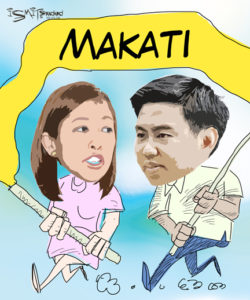
7.4. The Manila Times – TIMES
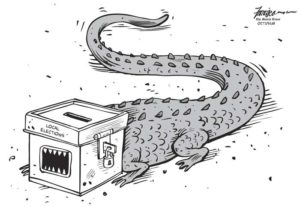
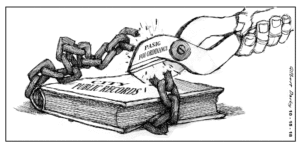
7.6 The Philippine Star –A seat in the UN rights council
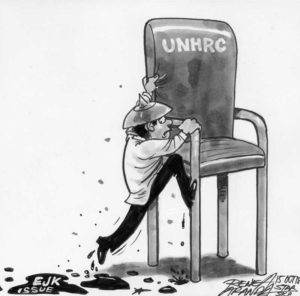

8.0. The Straits Times

The Straits Times says
Fighting inequality: focus on outcomes
Two international reports that appeared back to back shine entirely different kinds of light on inequality in Singapore. Non-profit organisations Oxfam and Development Finance International chastised Singapore for being “one of the worst-performing countries in the world at tackling inequality”, ranking it 149th out of 157 countries. However, the World Bank has selected Singapore as the best place for developing human capital among 157 economies that include South Korea, Japan, Hong Kong, Finland and Ireland. The Oxfam report said Singapore undertaxed wealthy individuals and corporations, and spent well below countries such as South Korea and Thailand on healthcare, education and social protection.
Its use of government spending as a measure is in contrast to that of the World Bank, which commended Singapore on investing in its human capital, which will allow children born today to fulfil 88 per cent of their potential to be productive when they turn 18, should they get a full education and enjoy good health. By focusing on certain core national areas of expenditure, Oxfam also obscures Singapore’s spending in other fields, predominantly housing and healthcare and the outcomes achieved there: 90 per cent of Singaporeans own their homes, and even among the poorest 10 per cent of households, 84 per cent own their homes; healthcare outcomes here are rated highly internationally.
TO READ THE FULL ARTICLE: https://www.straitstimes.com/opinion/st-editorial/fighting-inequality-focus-on-outcomes
.
 All photographs, news, editorials, opinions, information, data, others have been taken from the Internet ..aseanews.net | [email protected] |.For comments, Email to :D’Equalizer | [email protected] | Contributor
All photographs, news, editorials, opinions, information, data, others have been taken from the Internet ..aseanews.net | [email protected] |.For comments, Email to :D’Equalizer | [email protected] | Contributor

